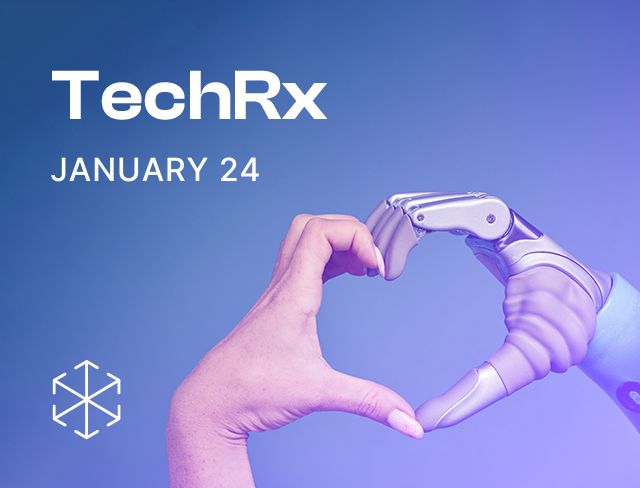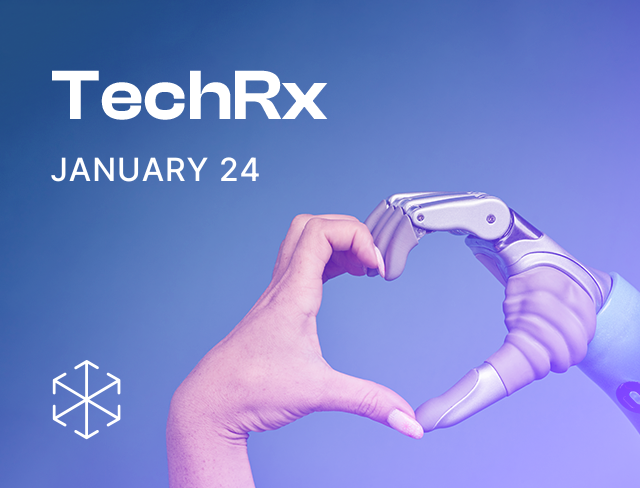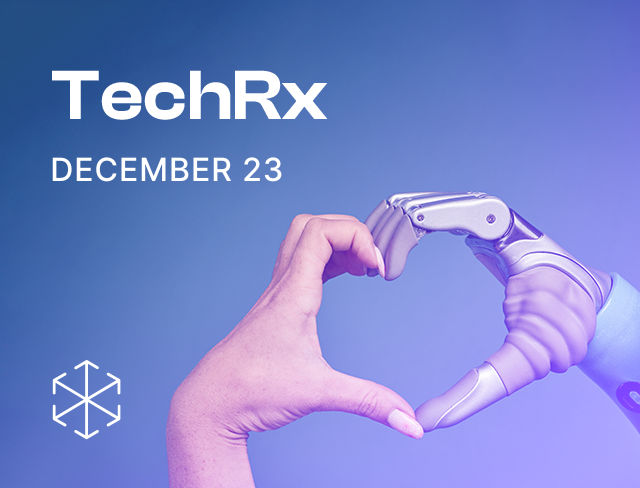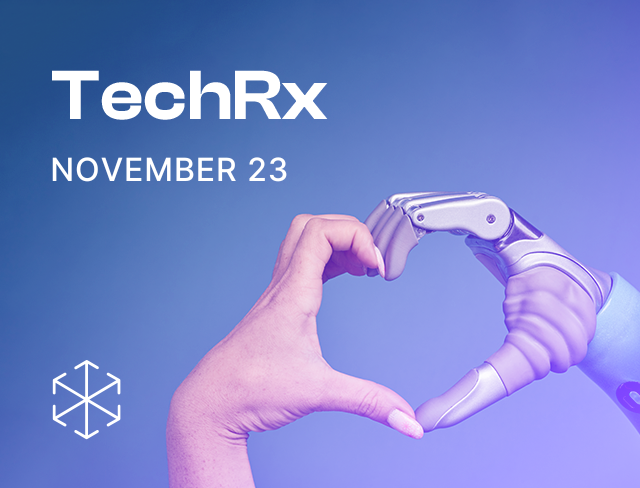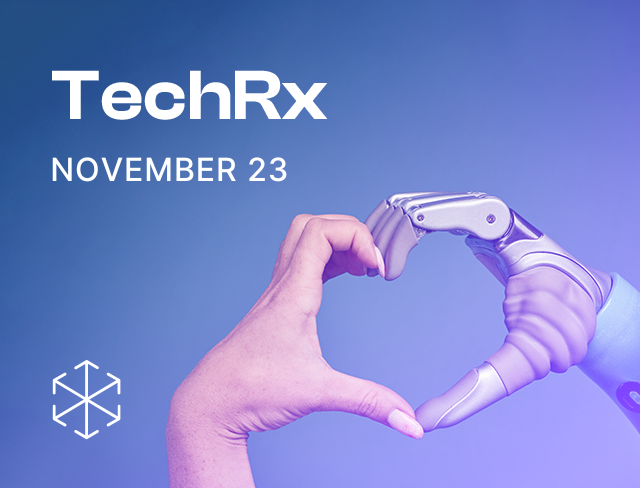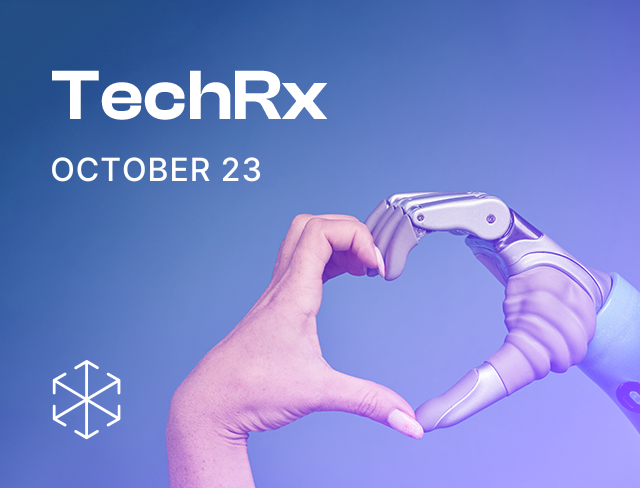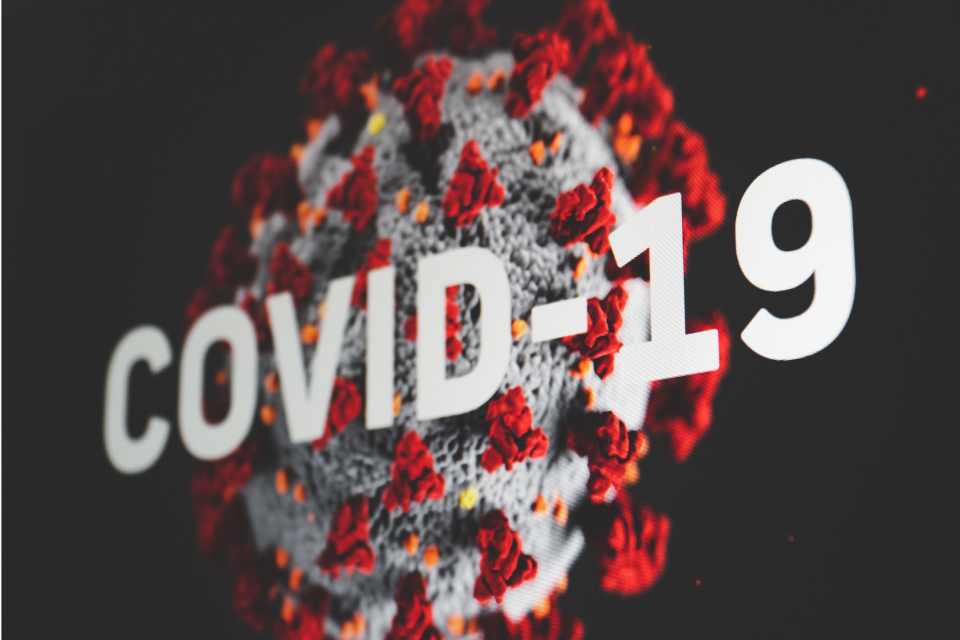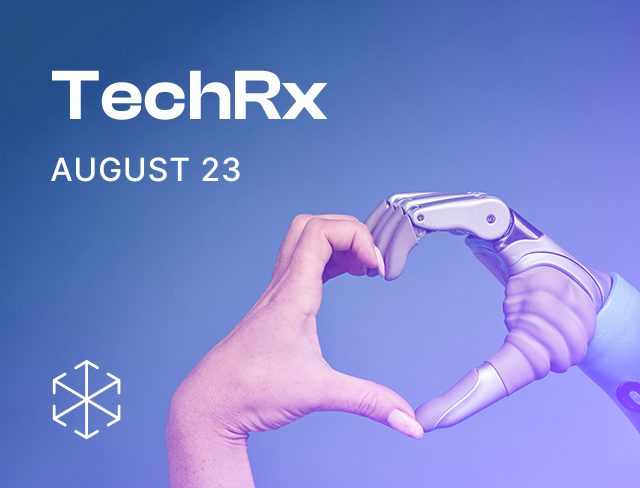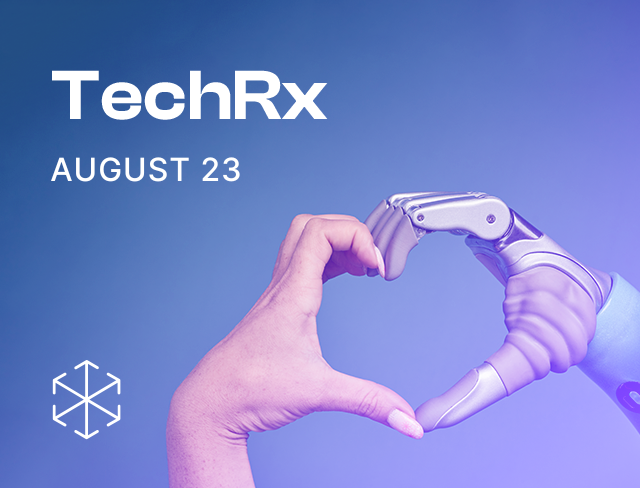Background:
India and the United Kingdom (UK) are pursuing a common vision for strategic partnership through an ambitious India-UK Roadmap to 2030. A key pillar of this partnership is sharing knowledge and expertise on artificial intelligence and promoting dialogue in research and innovation.
Building towards this vision, the British High Commission, New Delhi (BHC) partnered with Ikigai Law (Ikigai) to facilitate dialogue on ‘building bridges on regulatory approaches to artificial intelligence/ machine learning (AI/ML) enabled health tech’ (Programme).
The objective of the Programme:
The objective of the Programme was to a) examine the relevant regulatory landscape in India; b) undertake a comparative study of UK approaches to use of AI/ML in healthcare; and c) identify partnership ideas to develop Indian regulatory frameworks via bi-lateral expert-to-expert exchange. It brought together experts from India and the UK to explore ideas for partnership between both the nations on use of AI/ ML in healthcare. For this, we identified a cohort of experts in India from across governments, regulatory authorities, academia, research, start-ups, and technology developers to participate in the Programme.
The learning tour in the UK:
The Indian cohort travelled to the UK for a five-day learning tour from March 14 – March 18, 2022. Through the five days, the Indian cohort met with 40 experts in the UK from across government bodies, regulators, departments, research labs, academic and research institutions, and start-ups. Key themes for discussion were use of AI/ML in public health, overview of the UK’s AI regulatory landscape, approach to making rules and policies for AI/ML (e.g., on data governance and management, and balancing innovation and safety), and ethics, and public health governance. The cohort also met with various start-ups and research institutes. The meetings set up in the UK were aimed at helping cohort members delve into these questions, and understand the UK’s approach of regulating and encouraging AI/ML innovation in healthcare.
Broadly, the UK experts’ presentations are indicative of an ecosystem that is fairly advanced in its approach to AI/ML in healthcare. There is focussed effort to encourage innovation through (i) funding, (ii) advisory services to navigate laws/standards, (iii) encouragement of inter-disciplinary research and collaboration for ethical innovation and deployment of AI/ML; and (iv) support to ensure real-world applicability of innovations. However, the UK’s approach is not without its challenges. Innovators and companies have to navigate a labyrinth of laws and interact with multiple regulators, at different points of a tool’s lifecycle. Ethical innovation and deployment of AI/ML appears to be an ongoing discussion in the UK, with separate toolkits, checklists, guidance documents, and standards being released periodically by various organisations.
Key takeaways from the learning tour and the Programme:
Similarities: The Indian cohort observed certain similarities in the approaches of both countries.
1. Multiple laws multiple regulators: There are multiple regulators, standards, and laws to comply with for AI/ML related research, innovation, testing and evaluation, deployment, and oversight.[1]
2. Access to usable data:
a. Usability of data: there are data access challenges in both countries. Data should be usable by AI/ML. That is, if a scan is a chest x-ray, the terms used to describe the x-ray and its findings should be standardised across all chest x-rays. If there is inconsistency in terms used, it may impact the quality of the algorithm.
b. Access to data: Additionally, data is often stuck in silos, across health information systems of hospitals, and dashboards/systems that are a part of public health schemes. Consolidating them is a challenge because health information systems are not always interoperable. This reduces the availability of quality data.
3. Risk classification of software as medical devices (SaMD): Both countries have similar regulations in certain areas as well. For instance, India follows a similar risk-based classification of SaMDs as the UK.[2] India also has guidelines for software validation, to ensure the software is performing as intended, and is reliable.
Differences: The conversation around trust, ethics, and safety of AI/ML and data sharing is further along in the UK. Because of the presence of strong privacy laws for many years, these considerations are far more ingrained in the approaches being taken in the UK.
1. Health data:
a. Data sharing: Approach to health data sharing is different in the UK. Even with the privacy laws, there are ways to access patient data for AI research and development.[3] The proposed National Medical Imaging Platform (NMIP)[4] by the NHS is an example of a platform that enables the collection and sharing of useful data, while making conscious choices around ethics and privacy. For instance, the NHS will pilot the world’s first Algorithmic Impact Assessments (AIAs). It will be piloted as a pre-requisite when innovators/researchers apply for data access through the NMIP.[5]
b. Data privacy and synthetic data: The use of “synthetic” data to address paucity of data and data protection requirements was discussed.[6] This is data that is derived from real-world data- but without the privacy harms associated with real-world datasets.
2. Research and funding: Funding for research is a challenge. However, in the UK, there is guidance and funding available to entrepreneurs and researchers even before they have a viable proof of concept.[7]
Our recommendations for India-UK partnership ideas and future advocacy initiatives:
Through the learning tour, we identified multiple opportunities for strategic partnership and collaboration in India and the UK. We penned down these opportunities in a short report, detailing the what, why, and how of each opportunity. Broadly, the opportunities that emerged included-
1. Knowledge sharing between agencies in India and the UK (e.g., by establishing a ‘Reg-AIH Board’ that facilitates periodic exchange of ideas and learnings between agencies in India and the UK)
2. Harmonising regulations/synchronisation between regulators/ease of doing business (e.g., by setting up regulatory sandboxes and exploring common standards/guidelines for AI/ML in healthcare).
3. Research and development (e.g., establishing an India-UK ethics body for research and innovation to drive policies related safe access/sharing health data, and ethical considerations such as tackling bias of AI/ML algorithms).
4. Training, upskilling, and capacity building of human resources (e.g., boosting human resources and innovation capabilities by conducting trainings, initiating courses in science, technology, engineering, and mathematics fields, and establishing registries for synthetic data that can be used in research and innovation of AI in healthcare).
5. Dialogue and diplomatic exchange (e.g., facilitating roundtable discussions between diplomats and experts in both countries. Such roundtables would help address the need for developing research and literature on AI/ML in healthcare. This literature can then be the basis for future policy making initiatives or feed into discussions on bilateral free trade agreements etc.).
6. Facilitating commercial partnerships (e.g., by running a ‘UK-India Grand Challenge’ to build innovative solutions for healthcare challenges involving Indian and UK innovators. The solutions would then be incubated in centres in either/both countries).
7. AI/ML focussed technology projects for social good (e.g., by employing ‘demand signalling’ through which public health agencies or government bodies can flag the most attention needing problems to innovators-who can then come up with solutions).
Credits:
Ikigai would like to express its gratitude to all members of the Indian cohort, members of the UK FCDO team, the British High Commission, the Dover House–London Headquarters of the Scotland Office, the Alan Turing Institute at the British Library, the Institute of Directors, Pall Mall and the University of Southampton, the Somerville College, University of Oxford, Oxford India Centre for Sustainable Development, BDO UK Office, Tech UK, and India Council Office, UK FCDO, for their invaluable support in hosting the Indian cohort and organising the meetings with UK experts.
This project was executed by Ikigai’s team – Sreenidhi Srinivasan and Aman Taneja, Principal Associates and Shambhavi Ravishankar and Aparna Sridharan, Associates. It was lead by Rutuja Pol, Senior Associate.
[1] https://www.commonwealthfund.org/international-health-policy-center/countries/england
[2] Rule 4, Medical Device Rules, 2017
[3] https://nhsx.github.io/covid-chest-imaging-database/project-summaries
[4] https://www.nhsx.nhs.uk/ai-lab/ai-lab-programmes/ai-in-imaging/national-medical-imaging-platform-nmip/
[5] https://www.gov.uk/government/news/uk-to-pilot-world-leading-approach-to-improve-ethical-adoption-of-ai-in-healthcare
[6] https://www.nhsx.nhs.uk/ai-lab/explore-all-resources/develop-ai/exploring-how-to-create-mock-patient-data-synthetic-data-from-real-patient-data/
[7] https://www.england.nhs.uk/aac/

